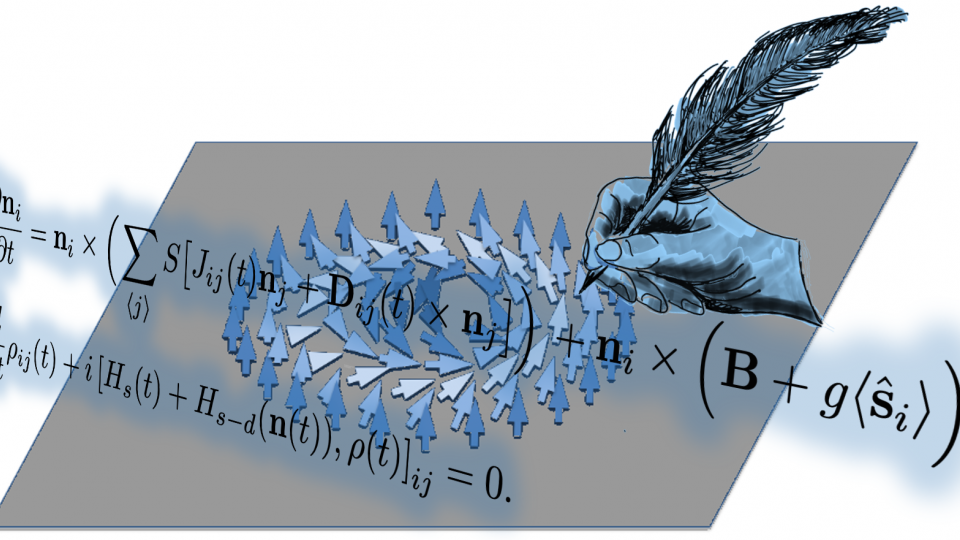
Research at Lund University in Sweden has found a new way to create nano-sized magnetic particles using ultrafast laser light pulses. The discovery could pave the way for new and more energy-efficient technical components and become useful in the quantum computers of the future.
Magnetic skyrmions are sometimes described as magnetic vortices. Unlike ferromagnetic states — which occur in conventional magnets such as compasses and refrigerator magnets — the skyrmion state is quite peculiar: the orientation of the magnetization does not point in the same direction everywhere in the material, but is instead best described as a kind of swirling magnetism.
Skyrmions are of great interest to both basic researchand industry, as they can be used to manufactu...
Read More







Recent Comments